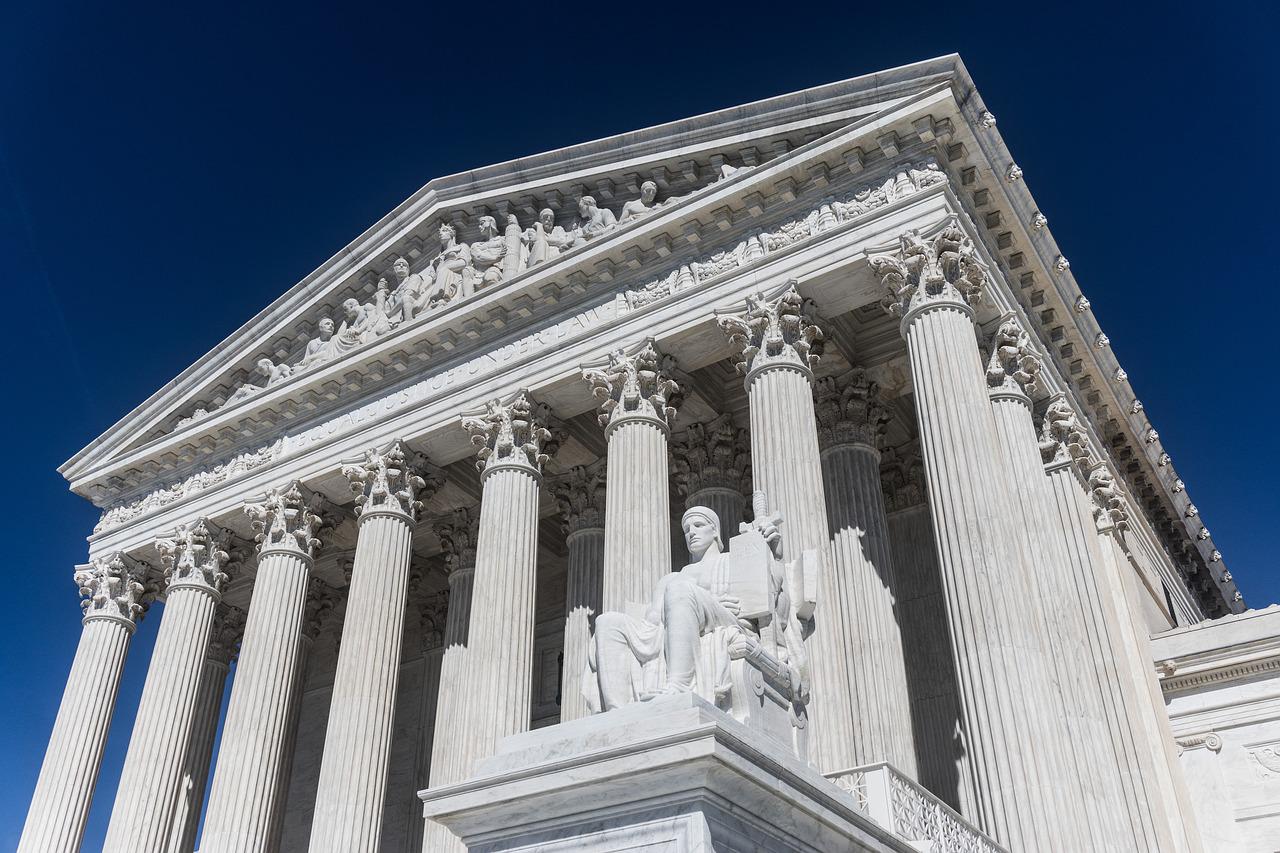In a 5-4 decision, the Supreme Court recently overturned a longstanding legal precedent on Native American tribal sovereignty. In the case Oklahoma v. Castro-Huerta, the court ruled that states have the power to prosecute non-natives for crimes committed within Native American territory. In short, in Oklahoma v. Castro-Huerta, the Supreme Court upended over 200 years of settled law, robbing Native Americans of their promised autonomy and fundamental right to self-governance.
Oklahoma v. Castro-Huerta is a continuation of a previous court case, McGirt v. Oklahoma, which concerned itself with the legal rights of the Creek Nation, a Native American tribe in eastern Oklahoma. In this past case, the Supreme Court held that the reservation lands of the Creek Nation were, for legal purposes, Indian Territory. In McGirt, the Supreme Court affirmed that the state of Oklahoma did not retain the legal ability to prosecute a Creek citizen in an Oklahoma state court, as this was a right held exclusively by the Creek Nation, and if necessary, the federal government.
Oklahoma v. Castro-Huerta revolved around a case of child neglect in Tulsa, Oklahoma. In 2015, Victor Castro-Huerta was found to be depriving his 5-year-old stepdaughter of proper nourishment and humane care. The child was rushed to the hospital in critical condition, where she was found to be covered in lice and severely emaciated, weighing only 19 pounds. Soon after, the state of Oklahoma charged Castro-Huerta and his wife with child neglect.
Although Castro-Huerta’s stepdaughter and wife were Native American, Castro-Huerta himself was not. Nevertheless, when the child neglect occurred, the Castro-Huerta family resided in Tulsa, which happens to be located in eastern Oklahoma. As established by McGirt, for legal purposes, Tulsa is recognized as the land of the Cherokee Nation. Consequently, Castro-Huerta developed an argument that the state of Oklahoma lacked the jurisdiction to prosecute him for this crime.
Prior to the Supreme Court’s recent decision in Castro-Huerta, only the federal government retained the right to prosecute crimes that were committed by non-natives in Native American territory or against Native American individuals. Given that this was the exclusive jurisdiction of the federal government, Castro-Huerta did have a genuine and legal foundation to argue that the state of Oklahoma did not technically have the right to convict him. Despite the fact that Castro-Huerta was found guilty of child neglect, the Oklahoma Court of Criminal Appeals eventually vacated his conviction, given that the crime occurred within “Indian country.”
However, on June 29, 2022, the Supreme Court decided that Castro-Huerta was rightfully convicted in the first place, determining that Oklahoma did in fact have the jurisdiction to prosecute the crime. In this decision, the court held that both states and the federal government have concurrent jurisdiction to prosecute crimes committed by non-native people against Native Americans within the boundaries of Indian country. Although the Supreme Court did not overrule McGirt in its entirety, the case now holds far less significance and wields far less power.
The repercussions of the Supreme Court’s recent decision are multi-faceted and highly complex. In one regard, Castro-Huerta is guilty of severe child abuse and neglect, and therefore should be brought to justice. However, the implications of the Supreme Court’s ruling go far beyond Castro-Huerta. For centuries, Native American tribes have maintained a high level of autonomy and have possessed the fundamental right to govern their own land. The Supreme Court’s recent decision severely interferes with Native Americans’ governmental autonomy and infringes on the centuries-old promise of sovereignty.
The court’s decision sets a highly dangerous and precarious precedent for Native Americans’ self-governance. As a result of Oklahoma v. Castro-Huerta, Native Americans have lost the ability to prosecute many crimes committed on Native American territory and against Native American individuals. Of the roughly 2 million people that live in eastern Oklahoma, the majority are non-native. As a result, the Supreme Court’s ruling is far from insignificant and will likely affect countless future cases.
Written by conservative Justice Brett Kavanaugh, the language of the majority opinion is almost as concerning as the decision itself. For the first time, the Supreme Court framed Native American land as being territory within the boundaries of states, rather than sovereign nations. This perspective is an extreme departure from existing legal precedent. By regarding native land as subsections of states, the Supreme Court has undermined tribal sovereignty, therefore threatening Native Americans’ rights, safety and security.
The Castro-Huerta decision came as a shock to many tribes and Native American rights advocates, leaving many feeling both deeply disappointed and frightened for the future. Native American activists claim that this ruling was not only a blatant failure of the nation to honor its promises of sovereignty to tribes, but a lawless disregard of Native Americans’ essential rights altogether.
Without a treaty, congressional delegation or tribal input, the Supreme Court fundamentally altered the balance of power between states and tribes. To make matters worse, this decision is not only pertinent to Oklahoma. In fact, over 20 other states may soon seek to extend state authority and gain criminal jurisdiction in tribal lands.
Historically, Native American tribes have been promised to be spared from state interference, especially in the context of criminal law. Oklahoma v. Castro-Huerta demonstrates that this promise had an expiration date. The Castro-Huerta decision proves that the future of self-governing tribes lies in the lands of the Supreme Court; based on this decision, the outlook for Native American rights is grim.
















